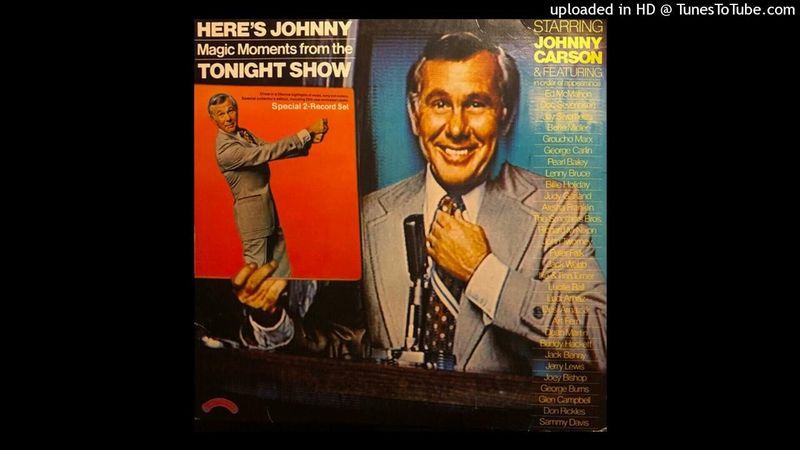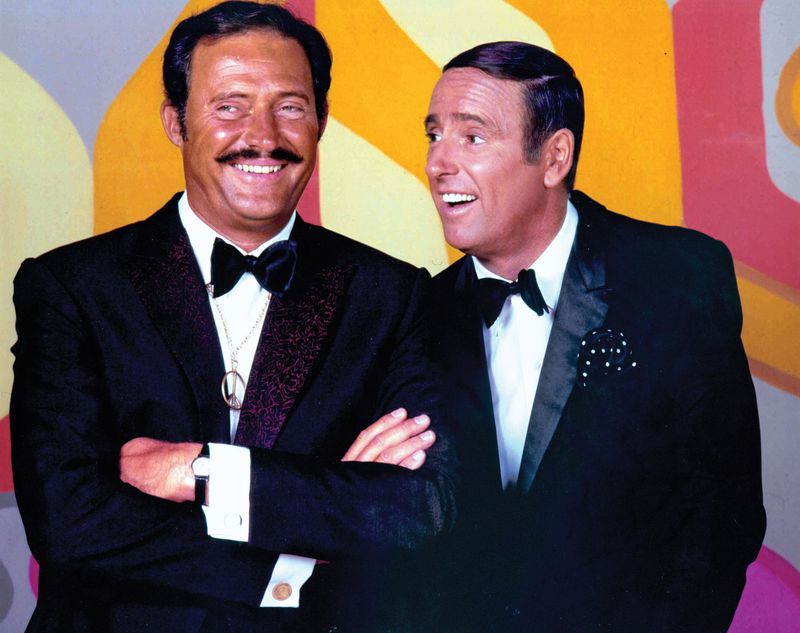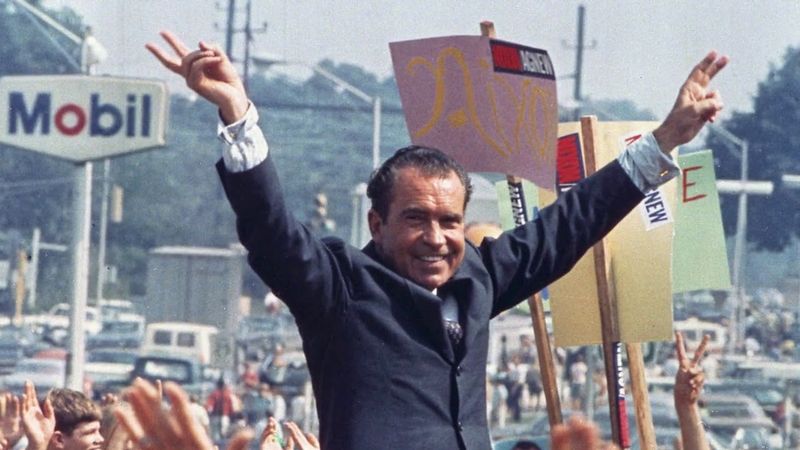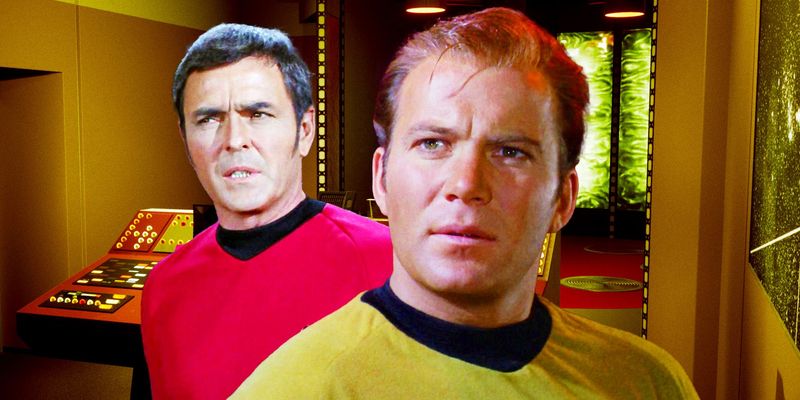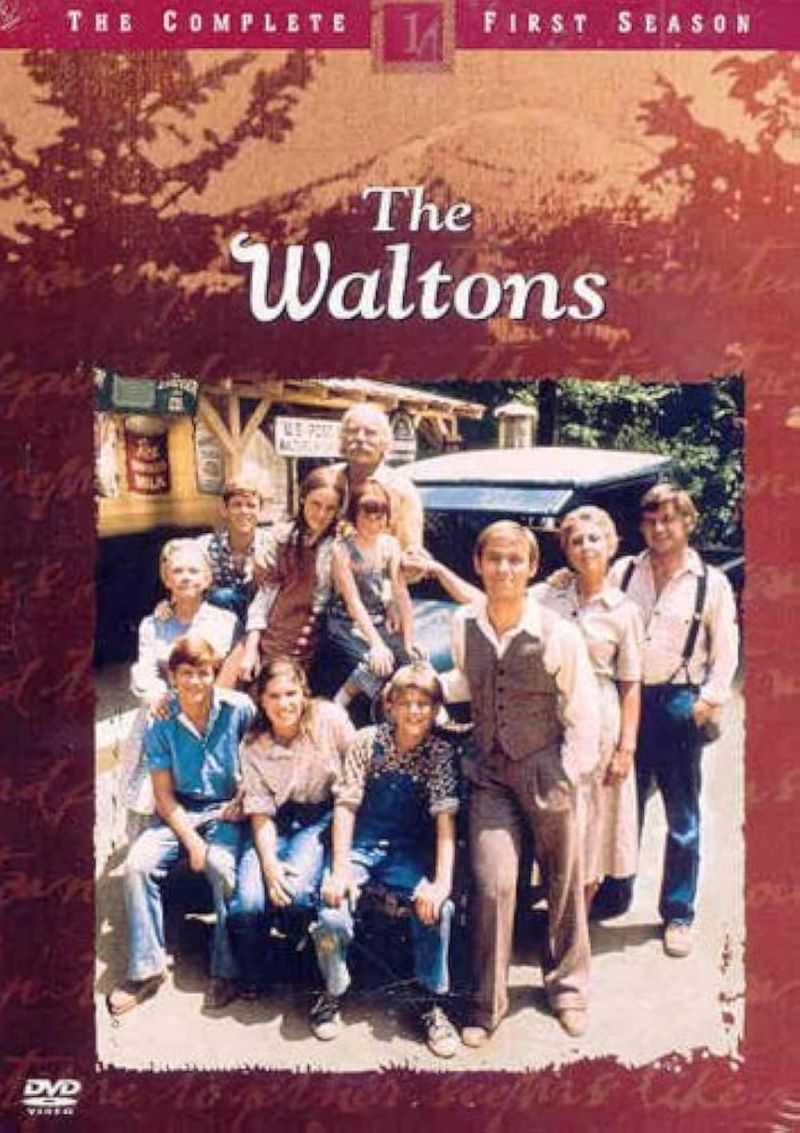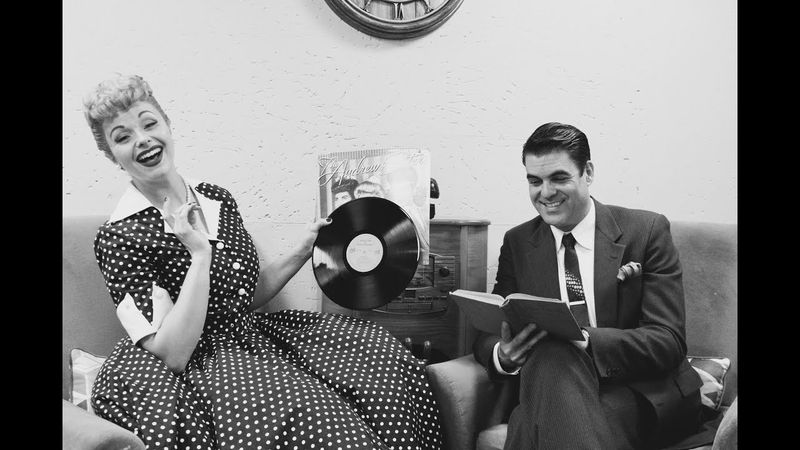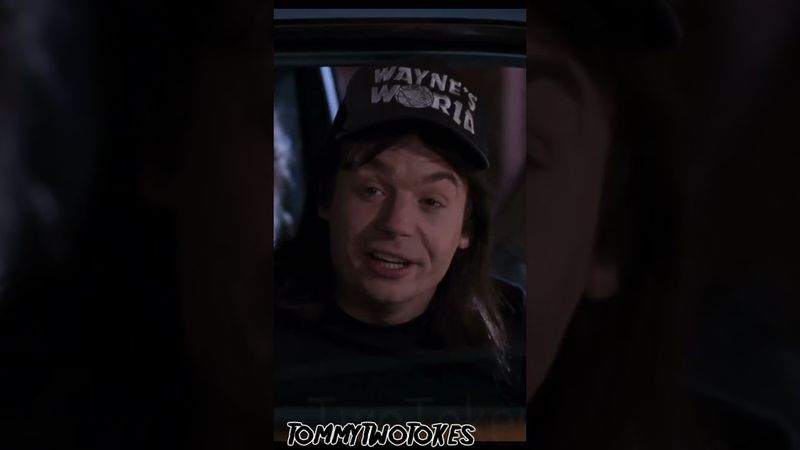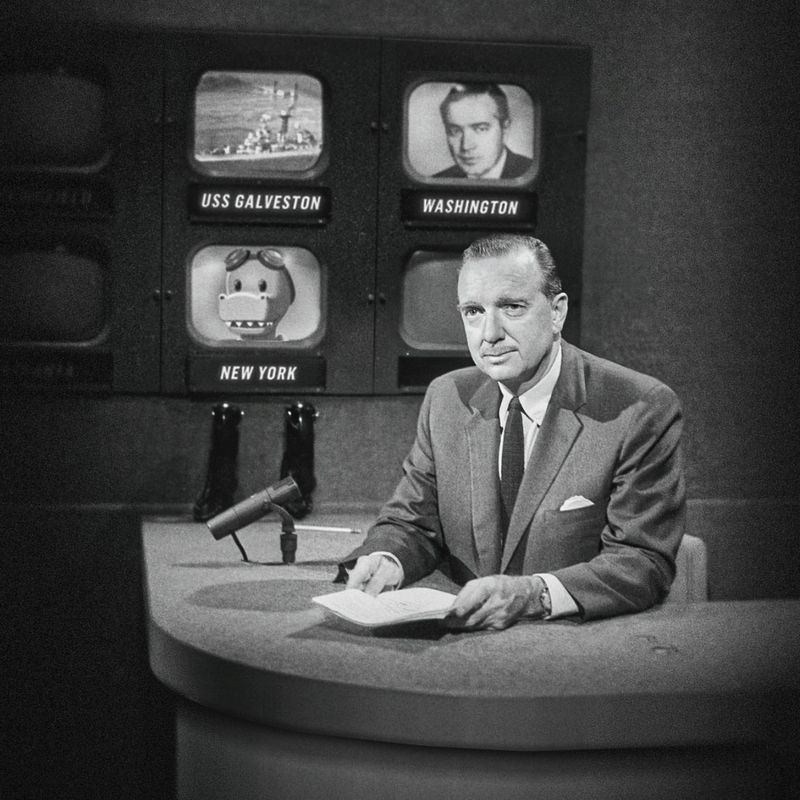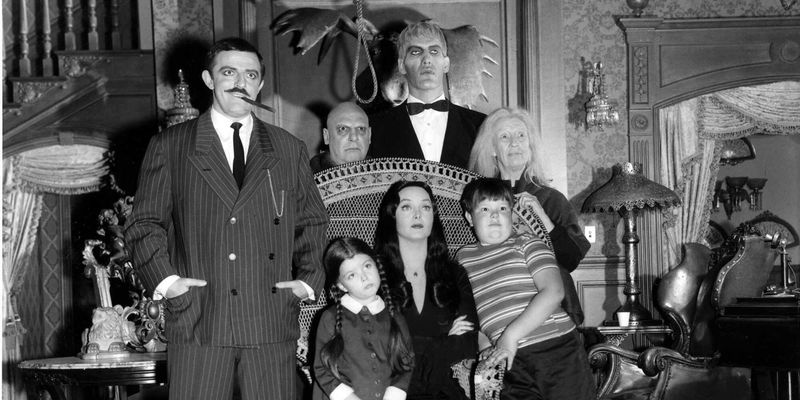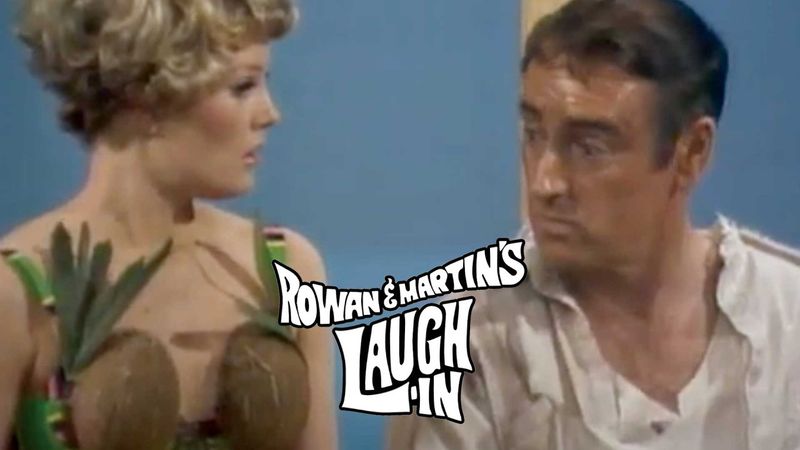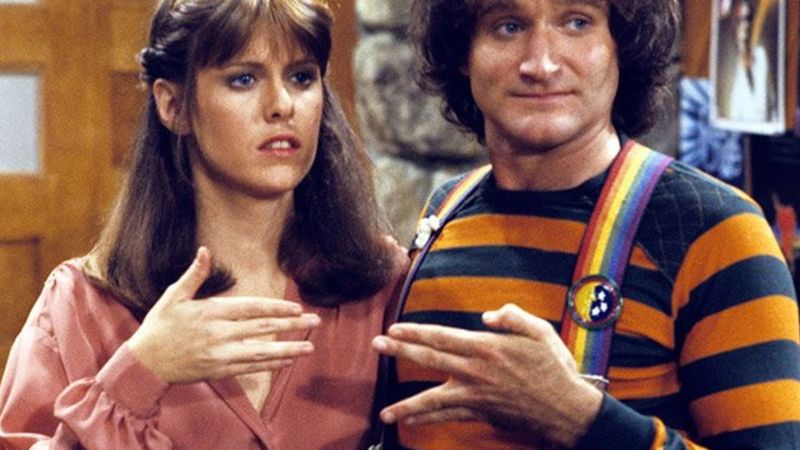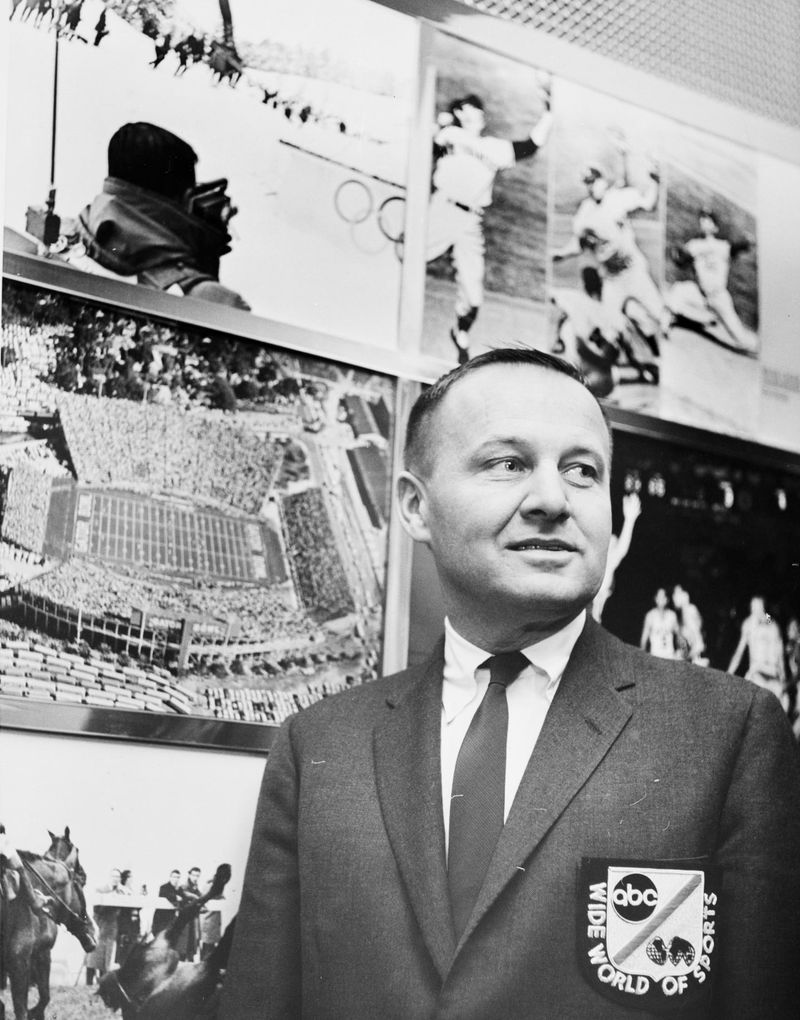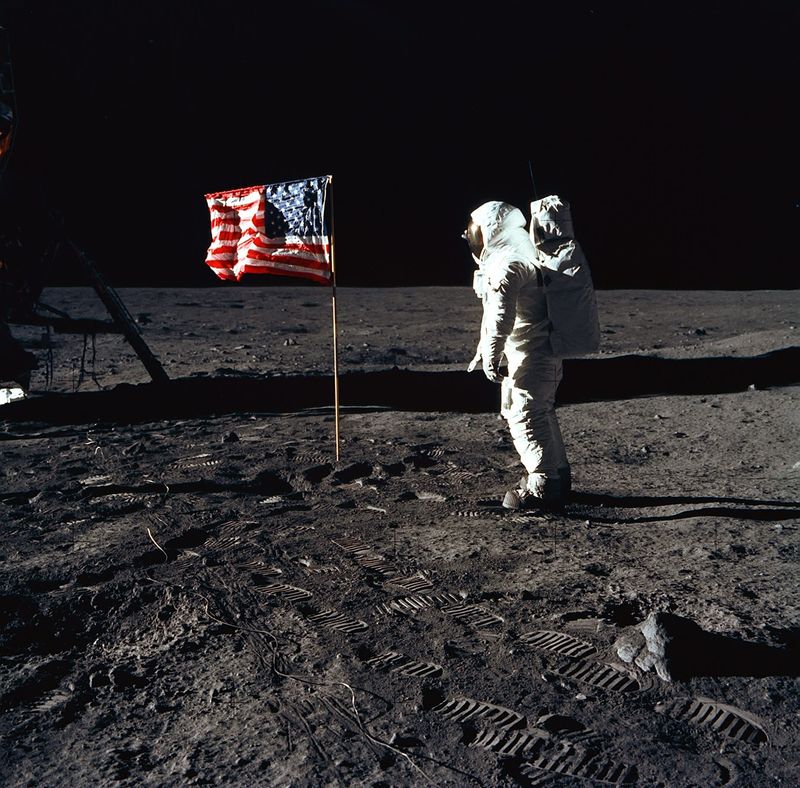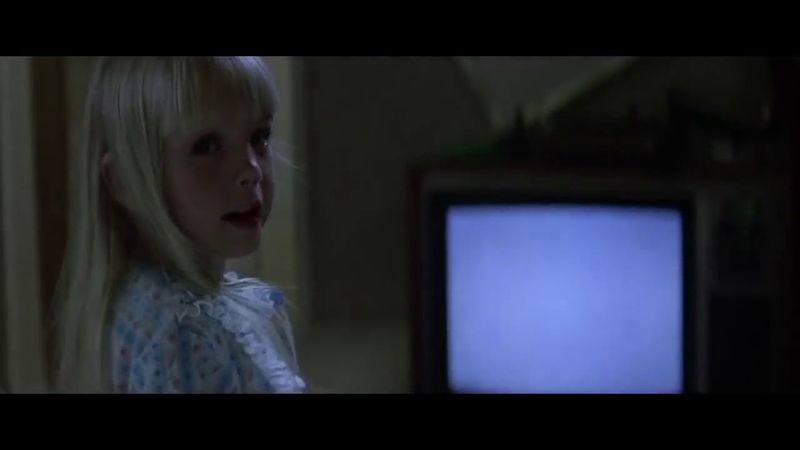The 1960s and 1970s were golden eras for television, a time when families gathered around their sets – black-and-white and, later, color – to watch their favorite shows.
These decades gave birth to some of the most memorable catchphrases that have stood the test of time.
These iconic lines not only defined the characters who spoke them but also became a part of everyday language. For those who grew up during this era, these phrases evoke a sense of nostalgia and bring back memories of carefree days spent in front of the TV.
Let’s take a trip down memory lane and revisit the legendary TV lines that every 1960s and 1970s kid will remember.
1. “Here’s Johnny!” – The Tonight Show Starring Johnny Carson
“Here’s Johnny!” became synonymous with late-night television, echoing through living rooms as Johnny Carson made his entrance on “The Tonight Show.” This iconic phrase was delivered by Ed McMahon, Carson’s trusty sidekick and announcer.
To a 1960s kid, this phrase marked the start of an evening filled with humor, celebrity interviews, and unforgettable moments. The anticipation built with every utterance, setting the stage for Carson’s charismatic presence.
More than just an introduction, it was a symbol of entertainment excellence, heralding a show that would shape the landscape of television for years to come.
2. “Danger, Will Robinson!” – Lost in Space
“Danger, Will Robinson!” is a line etched in the memory of any 1960s kid who watched “Lost in Space.” Spoken by the show’s iconic robot, this phrase warned young Will Robinson of impending threats, both alien and terrestrial.
It captured the essence of adventure and suspense that characterized the series, drawing viewers into the Robinson family’s interstellar odyssey.
This line transcended its context, becoming a pop culture reference for any precarious situation. Through this memorable warning, the robot endeared itself to audiences, adding a touch of humor and urgency to the show’s thrilling narratives.
3. “Yabba Dabba Doo!” – The Flintstones
“Yabba Dabba Doo!” is the joyous exclamation of Fred Flintstone, echoing through the prehistoric town of Bedrock. This cheerful line was more than just Fred’s catchphrase; it was a celebration of life’s simple pleasures.
For 1960s kids, it was a rallying cry for fun and adventure, capturing the playful spirit of “The Flintstones.” Whether starting his workday or embarking on a family outing, Fred’s enthusiastic shout was infectious.
This expression of carefree joy became synonymous with the animated series, leaving an indelible mark on popular culture and the hearts of its audience.
4. “To the Batmobile!” – Batman
“To the Batmobile!” was the exhilarating call to action in the “Batman” television series. Whenever crime reared its ugly head in Gotham City, Batman and Robin would dash to their iconic vehicle, ready to save the day.
This line embodied the dynamic duo’s unyielding commitment to justice, thrilling 1960s audiences with its sense of urgency and adventure.
For children watching at home, it was a prompt to imagine their own heroic escapades. The Batmobile itself, a sleek and futuristic car, became a symbol of heroism and innovation, forever linked to the phrase that launched countless adventures.
5. “Sock it to me!” – Rowan & Martin’s Laugh-In
“Sock it to me!” was a catchphrase that defined “Rowan & Martin’s Laugh-In,” a comedy show known for its quick wit and irreverent humor. This phrase, often leading to unexpected surprises or jokes, became a hallmark of the show’s zany style.
For 1960s kids, it was an invitation to laugh and enjoy the unpredictable antics of its colorful cast. The line captured the spirit of the era, blending comedy with a touch of rebellion.
It crossed into mainstream culture, even uttered by figures like Richard Nixon, showcasing its widespread appeal and humorous resonance.
6. “I am not a crook.” – Richard Nixon
“I am not a crook,” declared by President Richard Nixon, became one of the most infamous lines in 1960s political history. Uttered during a press conference, this statement was his defense amidst the burgeoning Watergate scandal.
For those who heard it, especially the youth, it was a stark introduction to political controversy and media scrutiny. The phrase quickly became a symbol of denial and its often questionable sincerity.
It left a lasting impression, referenced in various contexts to express doubt or irony, reminding a generation of the tumultuous times and changing landscape of American politics.
7. “Beam me up, Scotty.” – Star Trek
Though “Beam me up, Scotty” was never verbatim in the “Star Trek” series, it encapsulates the essence of the iconic show. Captain Kirk’s frequent requests for transport symbolized the futuristic technology that defined “Star Trek.”
For 1960s kids, it represented imaginative exploration and the boundless possibilities of the universe. The phrase, though altered, became a shorthand for escaping danger and returning safely to the starship.
It ignited dreams of space travel and scientific advancements, resonating with a generation eager for discovery and adventure, and solidified “Star Trek”’s place in pop culture history.
8. “Good night, John-Boy.” – The Waltons
“Good night, John-Boy” was the heartwarming farewell from “The Waltons,” a show that chronicled the life of a rural family during the Great Depression. Each episode ended with the family exchanging good nights, culminating in this affectionate line.
For 1960s kids, it was a comforting ritual, reflecting the show’s themes of familial love and resilience. It became a reminder of simpler times and enduring values.
This nightly exchange resonated deeply with audiences, symbolizing the warmth and unity of family, and leaving many viewers with a sense of nostalgia and connection to their own family traditions.
9. “Who loves ya, baby?” – Kojak
“Who loves ya, baby?” was the suave catchphrase of Detective Kojak, the bald, lollipop-chewing protagonist of the police drama. This line showcased his charm and confidence, becoming a beloved quote among fans.
For 1960s kids, Kojak’s phrase was a blend of toughness and tenderness, reflecting his complex character and approach to crime-solving.
It brought a unique edge to the series, resonating with viewers who admired his no-nonsense yet caring demeanor. The line left a mark on popular culture, embodying a style and attitude that made Kojak an unforgettable detective icon.
10. “Lucy, you got some ‘splainin’ to do!” – I Love Lucy
“Lucy, you got some ‘splainin’ to do!” was Ricky Ricardo’s playful yet exasperated response to Lucy’s comedic antics in “I Love Lucy.” This line encapsulated the humorous dynamic between the couple, a cornerstone of the show’s appeal.
For 1960s kids, it was a reminder of the timeless comedy and love that defined the series. Ricky’s delivery, with his Cuban accent, made it even more memorable.
This phrase became a cultural staple, illustrating the hilarity and heart at the core of “I Love Lucy.” It continues to be quoted, testament to the lasting impact of this classic sitcom.
11. “Live long and prosper.” – Star Trek
“Live long and prosper” is the iconic Vulcan greeting from “Star Trek,” spoken by the logical and enigmatic Spock. This phrase, often accompanied by the Vulcan salute, became a symbol of peace and wisdom.
For 1960s kids, it represented the ideals of harmony and understanding, central to the “Star Trek” ethos. It encouraged a vision of a better future, where differences were celebrated.
The line transcended its fictional origins, embraced by fans worldwide as a gesture of goodwill and hope. It remains a powerful expression of the values that “Star Trek” champions, inspiring generations of dreamers.
12. “Pardon me, would you have any Grey Poupon?” – Grey Poupon Commercials
This catchphrase from Grey Poupon commercials, while emerging later, evokes the style of the 1960s. It became synonymous with sophistication and humor.
For those who remember, it’s a nod to a time when commercials had a charm of their own, with memorable jingles and dialogues. The polite request for mustard in high-class settings added a touch of elegance to everyday life.
The phrase has since become a part of pop culture, representing a blend of class and comedy. It reminds us of the power of advertising to create lasting and endearing impressions.
13. “And that’s the way it is.” – CBS Evening News with Walter Cronkite
“And that’s the way it is” was Walter Cronkite’s sign-off on the “CBS Evening News,” a phrase that embodied trust and authority. As the most trusted man in America, Cronkite’s words reassured viewers across the nation.
For 1960s kids, his nightly sign-off was a comforting end to the day, providing a sense of stability amidst the changing world. His calm demeanor and steadfast delivery became hallmarks of credible journalism.
The phrase remains a reminder of an era when news was a vital source of information, and anchors like Cronkite were seen as guiding voices in American life.
14. “You rang?” – The Addams Family
“You rang?” was the deep, deadpan response of Lurch, the towering butler in “The Addams Family.” His monotonous delivery added to the show’s quirky charm, making it a fan favorite.
For 1960s kids, Lurch’s line was an invitation into the delightfully macabre world of the Addams family, where humor and horror intertwined.
The phrase became emblematic of the show’s unique blend of comedy and the bizarre. It continues to evoke fond memories of the series, reminding audiences of a time when TV wasn’t afraid to embrace the eccentric and unusual.
15. “Bet your sweet bippy.” – Rowan & Martin’s Laugh-In
“Bet your sweet bippy” was a playful phrase from “Rowan & Martin’s Laugh-In,” adding to the show’s lexicon of memorable quotes. Its cheeky and irreverent tone fit perfectly with the program’s offbeat humor.
For 1960s kids, it was a phrase that captured the spirit of the era, a time of social change and cultural shifts. The line invited laughter and was often used in unexpected punchlines.
It resonated with audiences who appreciated the show’s satirical edge, leaving a legacy of laughter and wit that still resonates with those who fondly recall the groundbreaking comedy.
16. “Nanu Nanu!” – Mork & Mindy
“Nanu Nanu!” was the quirky greeting of Mork, the lovable alien from the planet Ork on “Mork & Mindy.” This phrase, along with Mork’s unique hand gesture, became a cultural phenomenon.
For 1960s kids, Mork’s antics and expressions were a source of endless amusement, blending science fiction with comedy in a way that was fresh and exciting.
The line symbolized the show’s playful exploration of human behavior through the eyes of an outsider. It remains a testament to the imaginative storytelling and comedic genius that made “Mork & Mindy” an enduring favorite.
17. “Book ’em, Danno.” – Hawaii Five-O
“Book ’em, Danno” was the definitive catchphrase from “Hawaii Five-O,” a police procedural set against the stunning backdrop of Hawaii. This command, delivered by Detective Steve McGarrett, signaled the culmination of a successful case.
For 1960s kids, it was a thrilling conclusion to each episode, as the forces of justice prevailed. The phrase captured the show’s blend of action and exotic locales.
It became a part of pop culture vernacular, reflecting the era’s fascination with law enforcement drama. Even today, it evokes images of sun-soaked beaches and relentless pursuit of criminals.
18. “The thrill of victory and the agony of defeat.” – Wide World of Sports
“The thrill of victory and the agony of defeat” opened “Wide World of Sports,” capturing the emotional highs and lows of athletic competition. This phrase, alongside dramatic footage, became a hallmark of the sports anthology show.
For 1960s kids, it was an introduction to the world of sports, showcasing a wide array of events and athletes. The line highlighted the drama and passion inherent in sports.
It resonated with viewers, becoming synonymous with the excitement and unpredictability of live sports. This enduring phrase still echoes in the hearts of those who remember the Saturday afternoon broadcasts.
19. “One giant leap for mankind.” – The Moon Landing
“One giant leap for mankind” was Neil Armstrong’s historic declaration during the Apollo 11 moon landing. This line marked humanity’s first steps on the lunar surface, a moment of unprecedented achievement.
For 1960s kids, it was a defining moment, filled with awe and inspiration, as they witnessed history unfold on their television screens. The phrase perfectly captured the magnitude of the event.
It became a testament to human ingenuity and exploration, inspiring generations to pursue their dreams. Armstrong’s words continue to echo in the collective memory, symbolizing the boundless possibilities of human endeavor.
20. “They’re here!” – Poltergeist
“They’re here!” spoken by young Carol Anne in “Poltergeist,” sent chills down the spines of 1960s audiences, though the film debuted later. It captures the eerie and suspenseful tone of the movie.
For those who recall, the line was an entry into the supernatural, blending the comfort of home with the unknown. It introduced a sense of mystery and fear.
The phrase quickly became part of popular culture, symbolizing the presence of the unexplained. It left a lasting impression, reminding viewers of the thin veil between the ordinary and the extraordinary.

